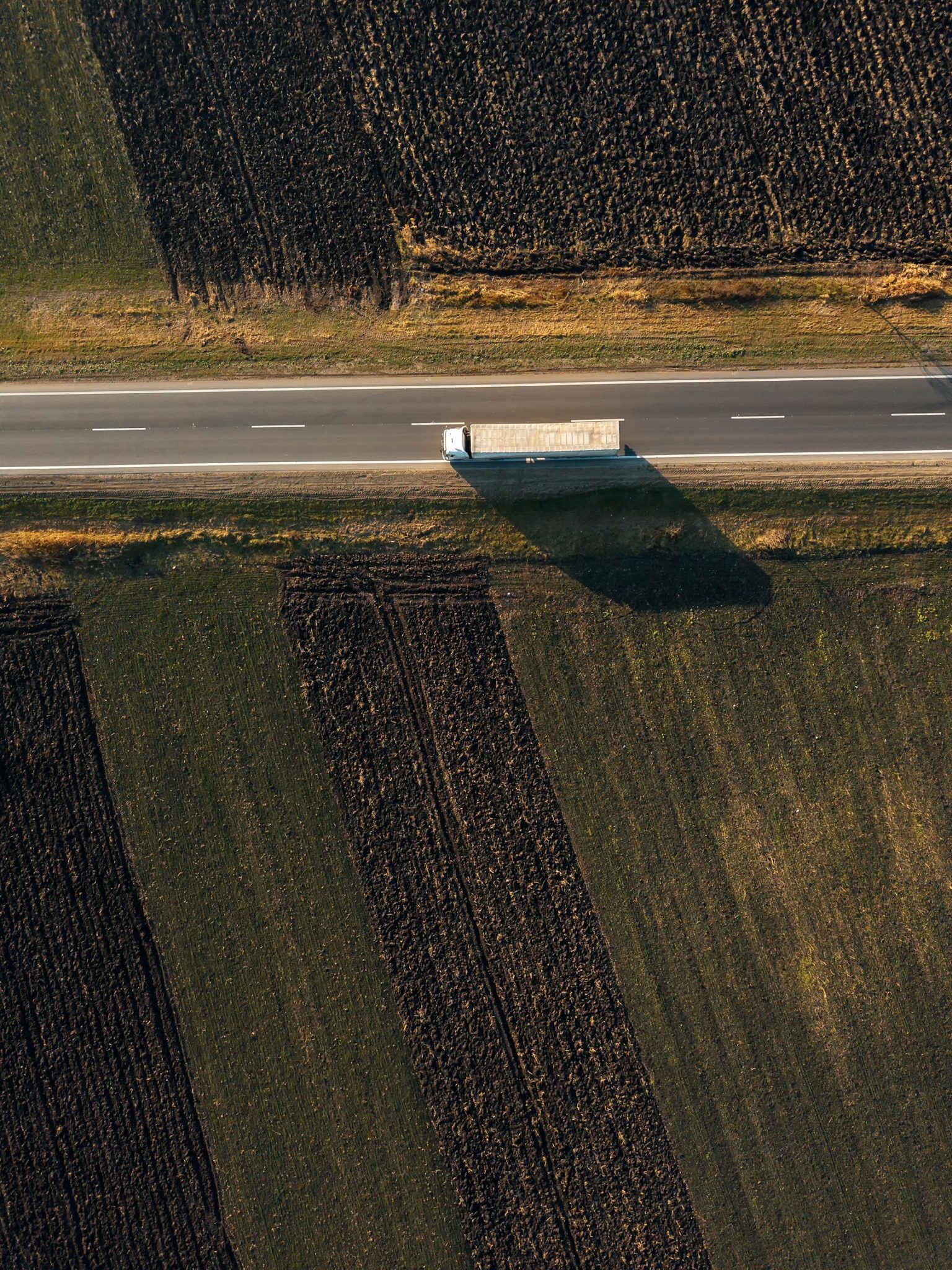AgriFutures Australia commissioned Deloitte Access Economics to investigate farm transport costs from paddock to port for a sector that sees roughly two-thirds of food and fibre exported.
AgriFutures Australia Managing Director John Harvey said, that freight costs are critical to maintaining Australia’s global competitiveness and will continue to impact agriculture’s export performance into the future.
“In Australia, freight costs are highest for grains at 27.5% of gross income, and fruit and vegetables at 21%,” said Mr Harvey.
“By comparison, poultry a domestic market, has the lowest relative farm freight costs, totalling 1.0% of gross income.
“Knowing how much farmers pay for transporting their produce to consumers is crucial to measure the competitiveness of Australian farmers and to find out where the transport of agricultural goods faces pinch points and bottlenecks. The report shows that Australia has comparatively higher freight costs for many of our key commodities compared to our international competitors and it’s hurting our bottom line,” said Mr Harvey.
“Strategic planning and regulatory framework are required to ensure infrastructure can be efficiently utilised by industry,” said Mr Harvey.
National Farmers’ Federation, CEO Tony Mahar said, the supply chain research provides a benchmark of Australia’s performance and its ability to compete on agricultural transport costs at a global level.
“NFF welcomes AgriFutures Australia’s work in this space as it gives us solid data about the agricultural sector and challenges faced by different industries,” said Mr Mahar.
“It is critical to look beyond the ‘now’ to consider future agricultural freight issues and to highlight possible options for potential improvement in transport infrastructure and regulation within the agricultural sector.”









